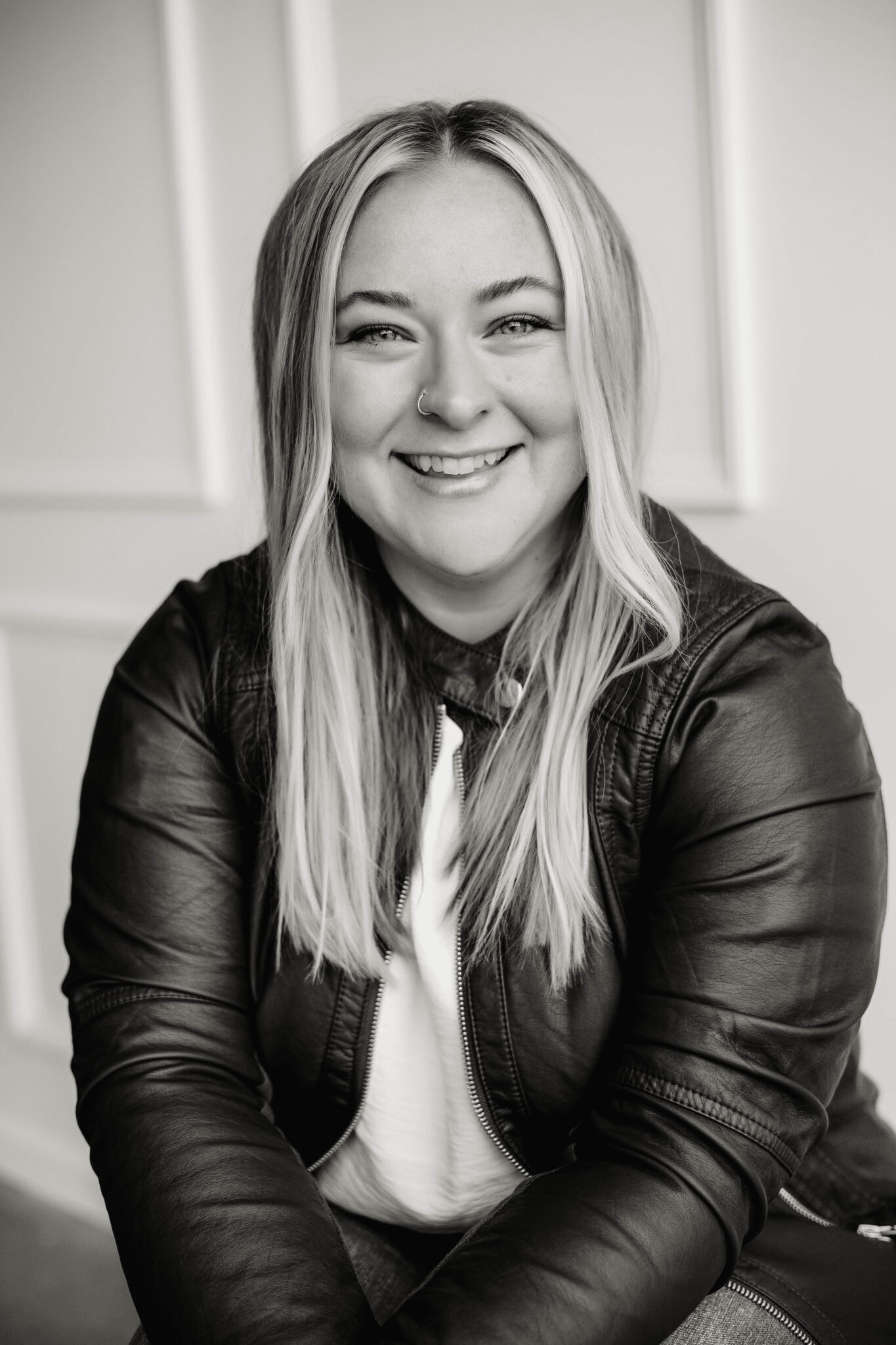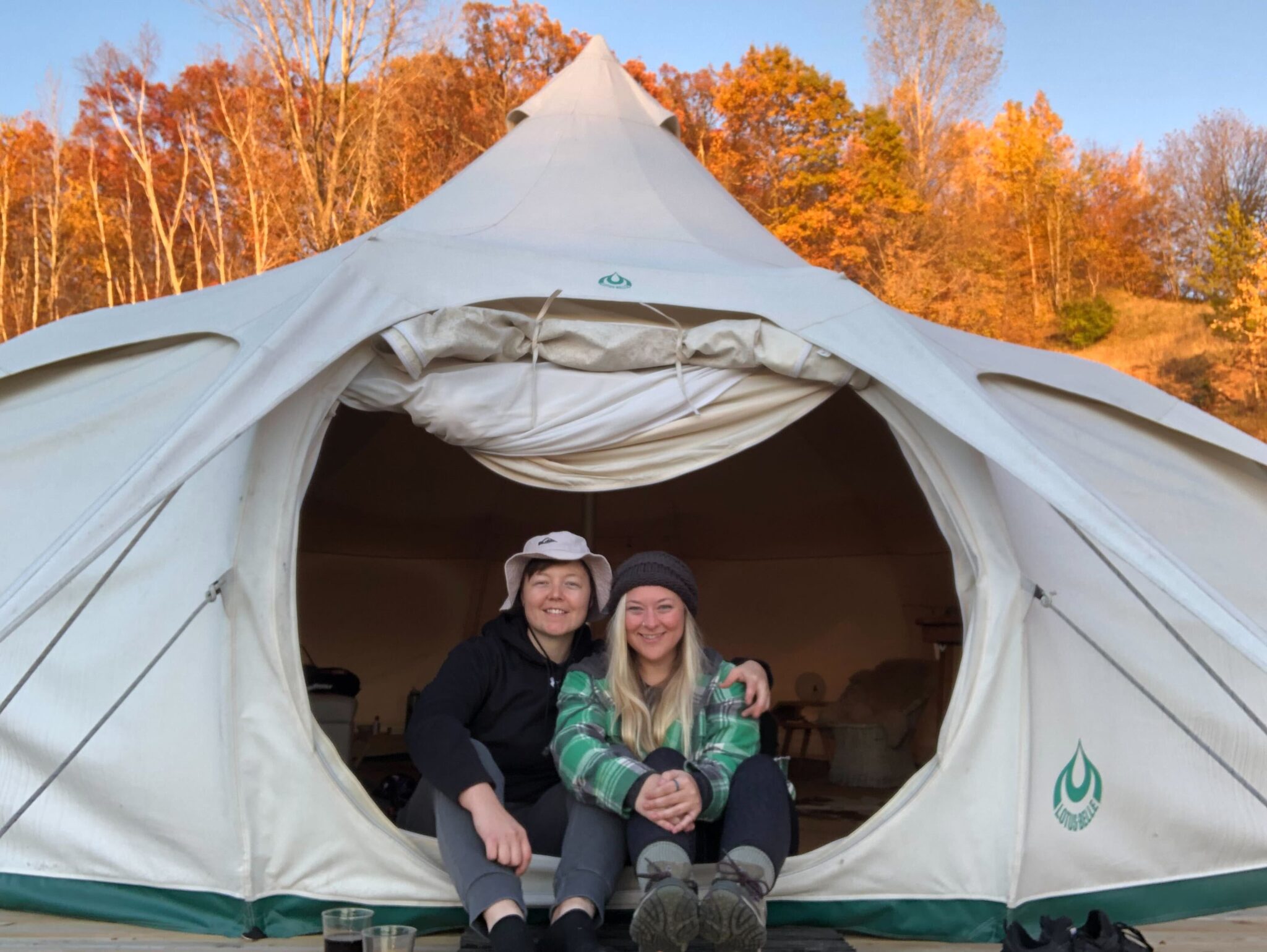About Me
About Sarah
Sarah believes we each author our own story in the context of our cultures and relationships. As a professional counselor, Sarah considers therapy to be the hope that change is possible, the past does not determine the future, and tomorrow can be different than today. Sarah remains humbled by the invitation to walk alongside individuals in their journeys toward wellness as they discover the richness within themselves to be whole, balanced, strong, and interwoven with healthy relationships. Sarah believes therapy offers the opportunity to devote time and energy to oneself – the therapy hour is yours in every way, and what a precious rarity that is.
Sarah is trained in Eye Movement Desensitization and Reprocessing (EMDR), a best practice effective in working with adverse life experiences. Sarah practices therapies that emphasize healing, self-identity, acceptance, and strengths within ourselves, within our relationships, and within our communities.
Sarah welcomes the LGBTQ+ community, immigrants to the United States, persons with refugee status, BIPOC, and persons with disabilities by providing a safe, warm, and affirming environment. Sarah practices therapies that emphasize healing, acceptance, and strengths within ourselves, within our relationships, and within our communities.
Sarah completed her undergraduate work in Psychology at the University of Iowa and holds a Master of Science in Clinical Mental Health Counseling from Drake University. Sarah has worked in the helping profession for over 15 years and relishes the opportunity to practice therapy.
In her leisure time, Sarah enjoys spending time outdoors, bicycling, kayaking, hiking, home improvement projects, teaching, and spending quality time with family and friends. Sarah enjoys practicing mindfulness and growing within her relationship with herself, with others, and her community.
AREAS OF FOCUS & EXPERTISE
Struggles & Therapeutic Modalities
Sarah’s therapeutic modalities include:
- Dialectical Behavior Therapy
- Eye Movement Desensitization and Reprocessing (EMDR)
- Emotion Focused Therapy
- Internal Family Systems
- Social Constructivist and Feminist Theory
- Existential Theory
- Narrative Therapy
Sarah practices the practical teaching of skills for stress management, managing and processing emotions, and mindfulness alongside a trauma-focused approach to deeper, soul-searching, inner-healing work. In a warm and nurturing environment, Sarah practices therapies that offer an hour to focus inward, reflect, breathe, and connect with your sense of self and authenticity.
People
Sarah specializes in working with:
- Women and the effeminate
- Members of the LGBTQ+ community
- People working in helping professions (teachers, social workers, therapists, nurses, healers, clergy)
- Teens and adults who experience intense emotions and/or who consider themselves to be highly sensitive people
- High performing individuals
- Individuals who have experienced adverse religious experiences / trauma
Sarah enjoys working with deep thinkers, big feelers, and those on a journey towards creating a home within themselves. Sarah offers a safe, empathetic, and affirming space to begin your journey of coming home to yourself.
Experiences
The greatest myth that we believe is that we are all separate from each other. Some of our most significant trauma comes from the hurt we experience in relationships. This type of trauma, sometimes called attachment or relationship trauma, can occur in romantic relationships, churches, families, schools, workplaces, social groups, and anywhere where people meet.
Sarah’s therapeutic work is grounded in the belief that all people have what they need within themselves to live a full and vibrant life. Trauma, adverse life experiences, abuse, unhealthy relationships, and stress impacts your connection with the resources and richness that lies within you. Your true self, what has always lived within you, can be found and grown again as you explore your internal landscape with gentle curiosity, acceptance, and nurturing.
Statement of Equity
Sarah believes it is part of the role of Mental Health Counselors and Therapists to see and work towards unveiling injustice as it occurs within our families, society, politics, systems of power, and social groups. Sarah believes Mental Health Counselors and Therapists are active participants in creating a more just society where we all experience freedom and belonging. Sarah considers naming distal stressors (experiences of prejudice, rejection, oppression, and discrimination) to be an important part of building awareness of trauma, unpacking mental and emotional injury, processing hurt, and developing an authentic connection to self and others. Sarah welcomes the exploration of what this means to clients in the therapeutic space and empowers its therapeutic relevance.



